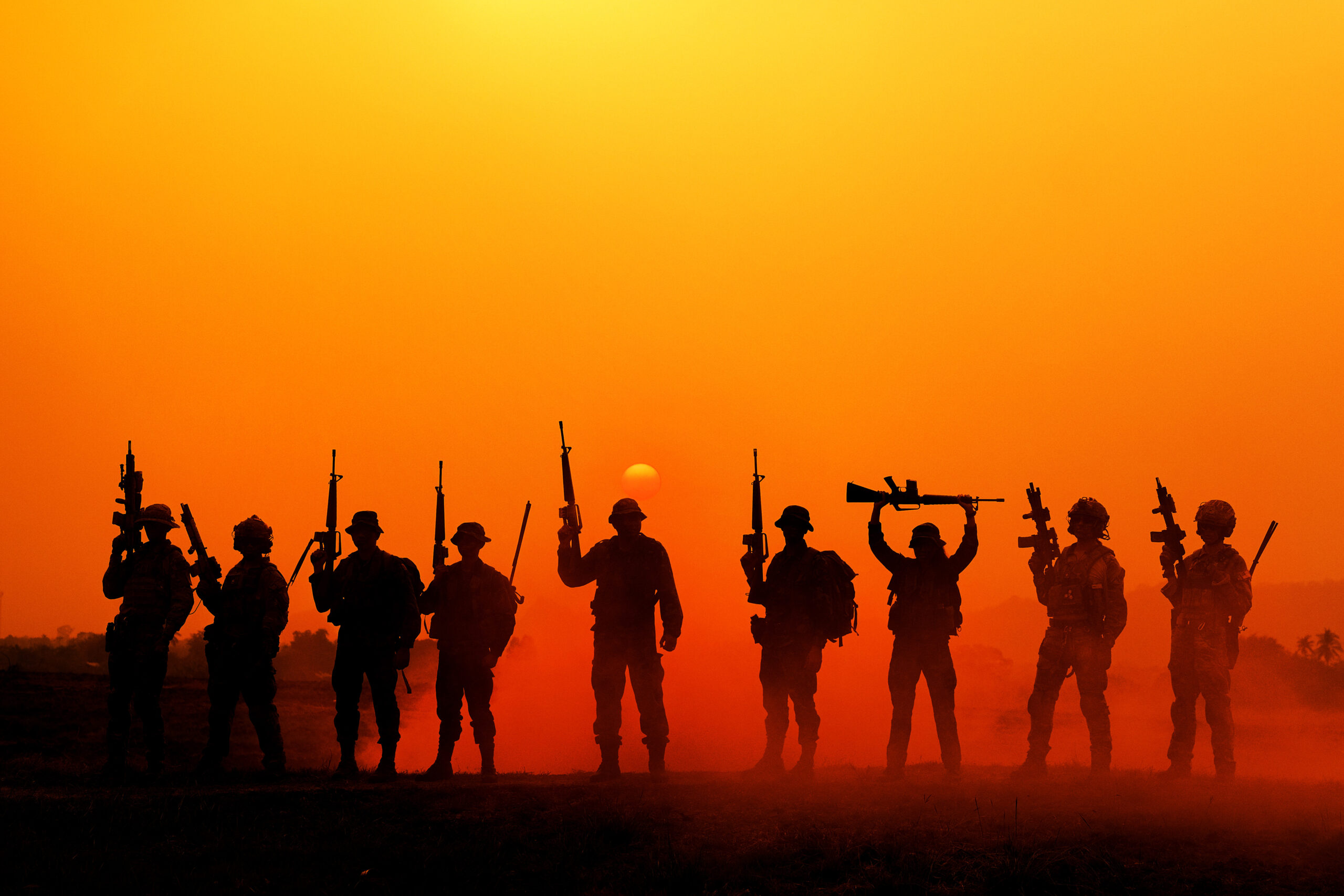There’s a phrase I’ve heard a lot over the years—from pundits, politicians, and even some veterans: “The U.S. doesn’t win wars anymore.” It’s usually said with frustration, sometimes with bitterness, and often with a tone of resignation.
I understand where the sentiment comes from. Vietnam, Iraq, Afghanistan—these are complicated, messy conflicts that didn’t end with the kind of clear-cut victories we like to read about in history books. But the notion that America can’t win wars anymore isn’t just inaccurate—it’s dangerous.
Because it misunderstands what modern war actually looks like.
War Isn’t What It Used to Be
World War II ended with unconditional surrenders and parades. Flags were raised, borders were redrawn, and dictators were deposed. That kind of war—the total war between states, with defined front lines and conventional armies—is rarer today. Even the Russia-Ukraine War has had many hybrid aspects.
What we’re dealing with now are conflicts that bleed into politics, economics, ideology, religion, and even cyberspace. Victory isn’t about occupying a capital—it’s about shaping influence, degrading networks, and preventing threats from metastasizing. These are long games. Sometimes generational. And their success isn’t always visible to the public.
Victory Looks Different Now
Take Iraq. Was it a disaster in many ways? Absolutely. But did we defeat Saddam Hussein’s regime and dismantle a dangerous dictatorship? Yes. The fact that the aftermath was chaotic doesn’t mean the military objective wasn’t achieved. It means we failed in the post-conflict phase—a political and strategic failure, not a tactical one.
Afghanistan is more complicated. We ousted the Taliban, decimated al-Qaeda’s leadership, and prevented another 9/11-style attack from originating there for over 20 years. That’s not failure—it’s a hard-earned form of deterrence. Yes, the withdrawal was painful and mismanaged. But to say we “lost” in the conventional sense ignores what was actually accomplished.
These are not easy stories to tell. But war has never been simple—and pretending it should be only makes it harder to win the next one.
What People Miss About Unconventional Conflict
I spent much of my career operating in “gray zones”—places where war wasn’t declared, but conflict was very real. Insurgencies, proxy fights, destabilization campaigns, intelligence operations—these are the battlegrounds of modern statecraft.
Winning in these environments isn’t about tanks and flags. It’s about relationships, intelligence, influence, and staying power. It’s about making sure the enemy can’t control the narrative or build momentum.
When people say, “We don’t win wars,” they often overlook these quieter victories—things that don’t make the headlines but absolutely shape the balance of power. Things like:
- Disrupting terrorist financing networks.
- Preventing coups.
- Bolstering partner nations’ capabilities.
- Thwarting disinformation campaigns.
- Strengthening local resilience against extremist recruitment.
These efforts don’t result in surrender ceremonies, but they matter. And we’re often far more successful than the public ever hears about.
The Real Problem: We Don’t Finish Well
Where we do fall short, consistently, is in the “what next?” phase. We are excellent at finding, fixing, and finishing threats. But we’re less skilled at building what comes after.
Nation-building isn’t glamorous, and it doesn’t fit neatly into a military operation. But in the post-9/11 world, ignoring the political, cultural, and economic dimensions of conflict has proven costly. When we leave too soon—or with no long-term strategy in place—we invite instability.
That’s not a knock on the troops. It’s a leadership problem. A strategy problem. And a policy problem that spans administrations of both parties.
Perception Becomes Reality
Here’s the real danger of the “we don’t win wars” myth: it erodes public confidence, emboldens adversaries, and undermines those serving in the field. If our enemies believe we’re unwilling to stay the course, they wait us out. If our allies believe we’ll abandon them, they hedge their bets with other powers.
Narratives shape reality. And when the dominant narrative is one of failure, even hard-won progress starts to look meaningless. That affects morale, recruitment, foreign policy decisions—you name it.
We have to be more honest about our successes, not just our setbacks.
What Winning Actually Means
Winning doesn’t mean never making mistakes. It doesn’t mean wrapping up every operation with a neat bow. In the world we live in now, winning often means:
- Preventing the worst from happening.
- Keeping adversaries off-balance.
- Advancing national interests without triggering large-scale war.
- Strengthening alliances and deterring aggression.
These are real victories. They’re not always visible. But they are the reason we haven’t seen a major global conflict since World War II. And they are why America still maintains the upper hand—even if we’re reluctant to say it out loud.
Final Thoughts
We need to stop judging today’s wars by yesterday’s standards. That doesn’t mean we excuse poor planning or avoid accountability. But it does mean recognizing that the U.S. military and intelligence communities are operating in an increasingly complex world—and doing so with remarkable effectiveness, often under impossible constraints.
The next time someone says, “We don’t win wars anymore,” ask them what they mean by “win.” Then ask them what they think would happen if we stopped showing up altogether.
Because if we think we’re losing now, just wait until we stop trying.
